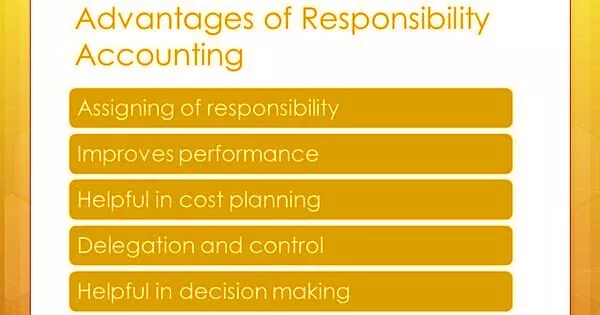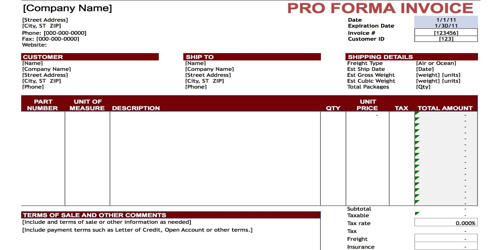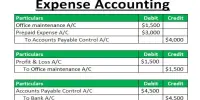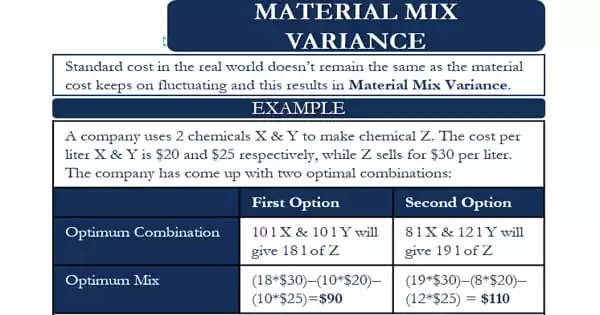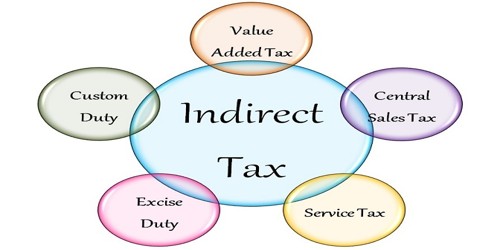Accounting for responsibility is a management control method based on the principles of delegating and allocating responsibility. It is a type of management accounting in which information from responsibility centers is collected and the responsibility of each employee of the organization is calculated based on this information. The authority on the responsibility center and accounting for the responsibility center is delegated.
Responsibility accounting is a system in which managers are given decision-making authority and accountability for all activities that occur within a certain sector of the firm. Under this accounting system, the entire organization is divided into responsibility centers, and each employee is given a specified job to undertake, his performance is documented, and his responsibility is established based on his performance. This is the technique of budgetary control.
Advantages
The following are the advantages of responsibility accounting:
- It Promotes Decentralization
In responsibility accounting, the entire organization is separated into different divisions such as production, marketing, and maintenance, and responsibility is allocated to departmental managers. As a result, it supports decentralization and delegation of responsibility, which aids in the efficient management of organizational activities.
It promotes management to create a proper organizational structure and assign a person to each responsibility area. It makes it possible to identify particular managers who are accountable for excellent or unsatisfactory performance.
- It Reduces the Burden of Top Manager
This structure delegated authority and duty to administrators of various departments, units, or responsibility centers. As a result, top managers’ burden is reduced, and they can devote more time and effort to developing future plans and policies.
The manager is directly responsible for the outcome of their department, and they maintain a high level of direct attention and engagement with the operations and team. A manager is more attentive and aware of what is going on since they are responsible for the performance of their department. It also assists them in explaining performance variation (if any).
- Fair Performance Evaluation
It assesses the performance or success of departments or units using pre-established standards. It aids in determining the effectiveness of each management and employee of various responsibility centers.
It aids in comparing actual results to budgeted results. There is a mechanism for presenting performance data. On that basis, a framework for a managerial performance appraisal system can be built, in addition to inspiring managers to act in the best interests of the firm.
- It Increases Motivation
Lower-level managers are aware that they are being watched and that their accomplishments will be compared to pre-planned targets. As a result, it raises awareness and inspires them to do better in order to get good results.
Employees are more responsible and serious about their work since they are aware that they are always being evaluated. Management is also assisted in developing a plan and structure for a company’s future expenditure and revenue.
- Better Decision Making
Top-level management receives data and information about the performance and outcomes of each department through responsibility accounting. It assists managers in making critical decisions on future planning and activities.
It increases employees’ ‘cost-consciousness’ because it also functions as a cost-control mechanism. Relevant and up-to-date information is made available, which can be used to anticipate future expenditures and/or revenues and to set departmental budget requirements.
- Corrective Action
It provides management with a performance report for each responsibility center as soon as possible. It aids in the implementation of suitable procedures and corrective actions to improve the organization’s operational activities.
This accounting method ensures that everyone is aware of the company’s and each individual’s objectives. It gives management more influence over the company’s operations. As a result, there is timely reporting and corrective action.
